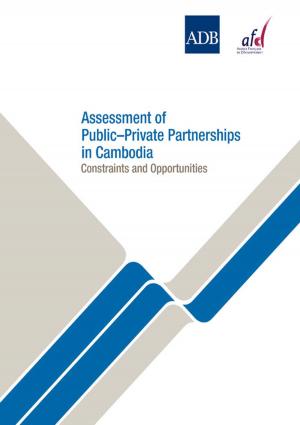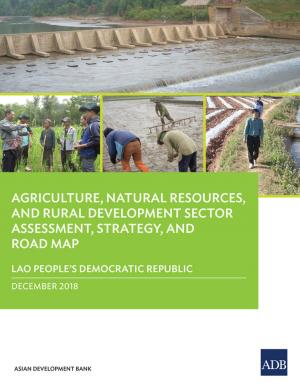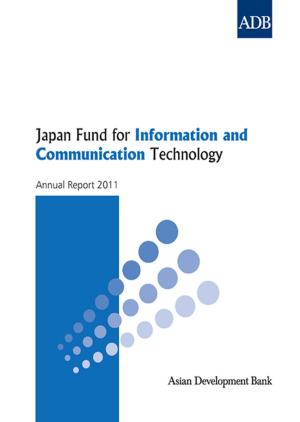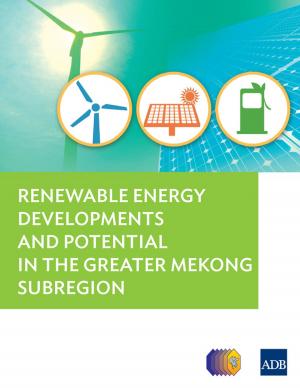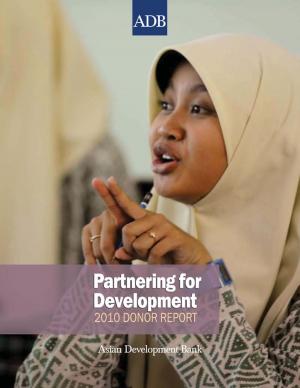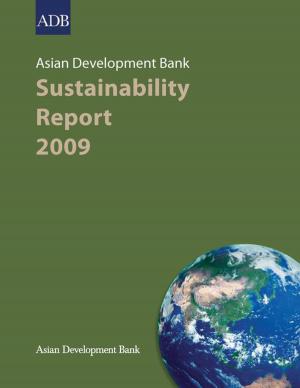Integrated Information and Communication Technology Strategies for Competitive Higher Education in Asia and the Pacific
Nonfiction, Reference & Language, Education & Teaching, Teaching, Computers & Technology, Higher Education| Author: | Jouko Sarvi, Hitendra Pillay | ISBN: | 9789292572617 |
| Publisher: | Asian Development Bank | Publication: | December 1, 2015 |
| Imprint: | Asian Development Bank | Language: | English |
| Author: | Jouko Sarvi, Hitendra Pillay |
| ISBN: | 9789292572617 |
| Publisher: | Asian Development Bank |
| Publication: | December 1, 2015 |
| Imprint: | Asian Development Bank |
| Language: | English |
Early adoption of information and communication technology can allow developing countries in Asia and the Pacific to move from labor-intensive, natural resources-based to knowledge-based economies. Higher education institutions must adopt an institution-wide, holistic information and communication technology (ICT) strategy, not a project-based approach, to avoid redundancies, obsolescence, and large maintenance costs. A coordinated top-down plus bottom-up intervention is best, with three areas requiring attention: infrastructure, application software, and staff development. ICT investments in higher education institutions in support of teaching, research, and community engagement are essential for developing and retaining competitive advantage in the knowledge economy.
Early adoption of information and communication technology can allow developing countries in Asia and the Pacific to move from labor-intensive, natural resources-based to knowledge-based economies. Higher education institutions must adopt an institution-wide, holistic information and communication technology (ICT) strategy, not a project-based approach, to avoid redundancies, obsolescence, and large maintenance costs. A coordinated top-down plus bottom-up intervention is best, with three areas requiring attention: infrastructure, application software, and staff development. ICT investments in higher education institutions in support of teaching, research, and community engagement are essential for developing and retaining competitive advantage in the knowledge economy.

